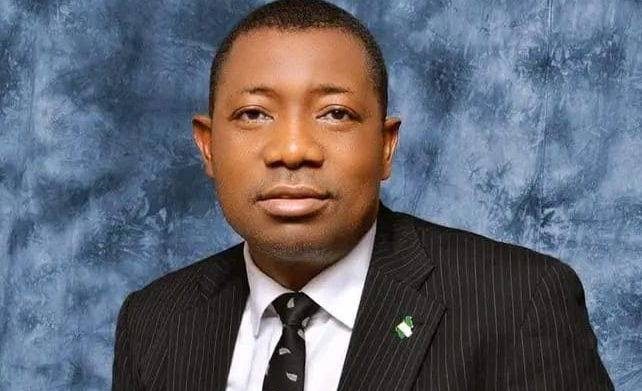The gruesome murder of Mike Ofikwu, a prominent legal practitioner, human rights activist and family man in Otukpo, Benue state, horrifically spotlights the mortal dangers lawyers face in a lawless and loveless country.
Every year in Nigeria, the Nigerian judiciary embarks on an annual vacation between July and September. Upon resumption, a new legal year is marked and commenced amid pomp. For Nigerian lawyers, this legal year has arguably been the most lethal so far.
In March 2024, Eli Ugwu a senior lawyer in Enugu State was shot dead. In May 2024, Peter Awa, a legal practitioner was killed in Okija in Anambra State. In September 2024, another legal practitioner, Lucky Nonso Emeh was shot dead at his residence in Aba, Abia State.
During this time, Anambra State has become a hunting ground for lawyers, with multiple instances of lawyers being kidnapped.
Lawyers are not aliens. If the baseless argument is that lawyers as a whole, and not a few bad eggs among them, are the problems of the country, then the conclusion can be drawn that lawyers only reflect a society desperate to destroy itself.
The question whether or not justice should hold its head up when all else around it is sinking often abandons questions about possibility and practicability. In a country where laws are obeyed more in breach, who should take the fall?
In a country that has become a brutal hunting game, who is the hunter, who is the hunted and who is haunted?
Lawyers are ministers in the temple of justice. Without lawyers, the judiciary, which is the last hope of the common man, cannot function. Without lawyers working independently and fearlessly, the judiciary will be one more ambling appendage of the state, with very little in the way of the delicate qualities that make up an independent and intrepid judiciary.
If lawyers are increasingly under attack today as soft targets of the ire of those who consider the judiciary and the legal profession the problems of Nigeria, it was former President Muhammadu Buhari who first turned public sentiment against lawyers.
As he sought to consolidate power in the months following his epochal victory in the 2015 general elections, Buhari needed a scapegoat, one that had some form of credit in the bank. For this, he chose the judiciary and lawyers. His relentless attacks on the judiciary, judges, and lawyers in those days, provided the perfect foil for what would turn out to be disastrous disservice in eight wasted years.
Nigerians easily got on the bandwagon as Buhari ordered a raid on some judges and took every available opportunity to fire potshots at lawyers. It also helped Buhari’s artifice that there some bad eggs who suited his bad press. Overtime, the relentless attacks on lawyers and the judiciary have been shown up as deliberate efforts to weaken a key stumbling block to incipient autocracy.
Lawyers are no angels. The nature of their work means that in cauldrons of conflict, at the point when the heat is highest, they cannot afford to stay neutral. Because they must take a side, they always find themselves on someone’s wrong side.
In a country where they especially reflect the face of a fumbling and flailing system, it is only natural that they take some stick. But they do not deserve to be targeted. They are in no way the collective most responsible for Nigeria’s problems and should not be singled out for reprisals.
Protecting them is imperative to guaranteeing the work they do in service of Nigeria’s fragile democracy.
Kene Obiezu,



